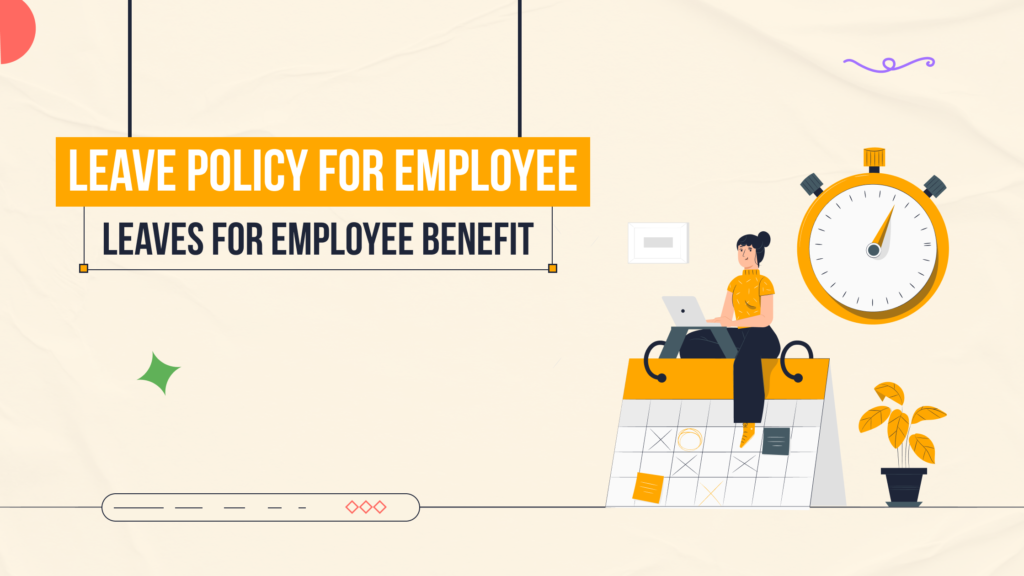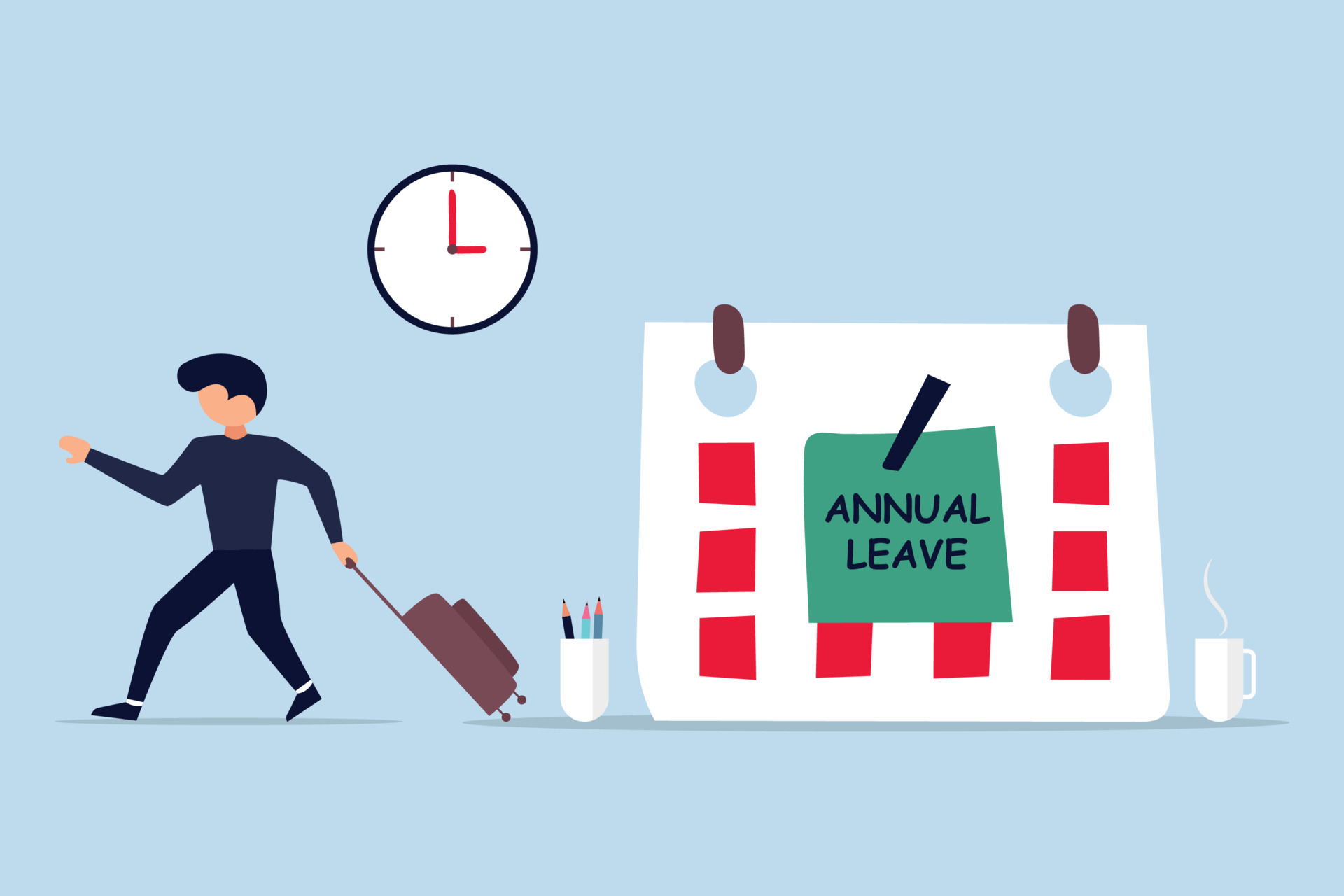Sometimes, you just need a moment to yourself, don't you? It's a feeling everyone gets, no matter where they are in the world. Maybe you're feeling a bit overwhelmed, or perhaps you just want some quiet time to think. Expressing this need for personal space can be a little tricky, especially when you're speaking a different language. It's really about finding the right words, the right tone, and the right way to communicate what you're feeling to someone else.
When we think about the idea of asking for space, it brings up a lot of different thoughts about the word "leave" itself. You know, "leave" is a word that can mean so many things in English, from going somewhere to letting something stay put. It's actually quite a versatile little word, which can make things a little confusing when you're trying to figure out how to say something specific, like "leave me alone," in a language like Korean. We often use it without thinking about all its different shades of meaning.
So, if you're curious about how to ask for your own space in Korean, or just want to get a better sense of how language works when you're talking about getting away from something or someone, we're going to talk about that. It's pretty interesting, really, how a simple phrase can open up a whole discussion about language, manners, and even different kinds of time away from things. You'll see, it's not just about the words, but how they are used.
- Emilee Christine Bott
- Smart Guy Eating Apple
- Kevin Nair Hair Removal Video Unblurred
- Jaz T Ru
- Scott Galloway On The View Today
Table of Contents
- What Does "Leave" Really Mean in English?
- Why is Politeness Important When You Say "Leave Me Alone in Korean"?
- Understanding "Alone" - Is There More Than One Way to Say "Leave Me Alone in Korean"?
- How Do People Learn to Say "Leave Me Alone in Korean" in Real Life?
- "Leave" Beyond Personal Space - Other Uses of the Word
What Does "Leave" Really Mean in English?
The English word "leave" can be a bit of a chameleon, changing its meaning based on how you use it. For instance, it can mean to pass something down to someone after you're gone, like when someone decides to give away their belongings in a will. That's one kind of "leave," a pretty formal one, you know, like to "bequeath" or to "devise" something. It's a way of making sure things go where you want them to, even when you're not around anymore. So, that's one sense of the word, quite different from just wanting a quiet moment.
Then, there are all the other ways we use "leave" in everyday talk. It can mean to go away from a person or a place, either for a short while or for good. You might "leave" the house to go to the store, or you might "leave" a job to start something new. It can also mean to start a journey, like when you "set out" on a trip. Or, it could mean to stop doing something or stop using something, like when you "leave" a bad habit behind. It's pretty versatile, actually, this word. You can see how it's not always about physically moving away.
Another common use is to "refrain from disturbing" something or someone. This is where we get closer to the idea of "leave me alone." It's about not bothering someone, giving them their quiet. And sometimes, "leave" can even mean to make every effort possible, like when you "leave" no stone unturned. It's interesting, isn't it, how one word carries so many different ideas? The definition from the Oxford dictionary, for example, tells us it can be a time you're allowed away from work for a holiday or a special reason. It can also mean to go out of a place, or to let something stay behind after you've gone. Like, "I left my wallet home," you know? Or, it can even mean to cause something to happen or to permit it. So, there's a lot packed into that one word.
- Diy Jovi The Elf Costume
- Dr Phil Destoni Part 3
- Madeline Brincos Dieras
- Sister Kick Nuts
- Dennis Frazier Dog Video
How Different Meanings of "Leave" Affect "Leave Me Alone in Korean"
When you think about all these meanings of the English word "leave," it helps you see why translating a phrase like "leave me alone" into Korean isn't always a simple one-to-one swap. The Korean phrase isn't about leaving a place or passing something down; it's really focused on that idea of "refraining from disturbing" someone. It's about asking for a break from interaction, you could say, or maybe a bit of peace. This distinction is pretty important, because if you tried to use a Korean word for "leave" that meant, say, "to depart," it wouldn't make sense in the context of wanting someone to stop bothering you. So, you have to pick the right kind of "leave" when you're trying to get your point across in a different language.
So, the meaning of "leave" that matters most for "leave me alone" is the one about not interfering. It's about someone stopping an action or simply stepping back from you. This is why learning the exact phrase for "leave me alone in Korean" is so helpful, rather than trying to piece it together from other meanings of "leave." It really highlights how language is about more than just individual words; it's about the feeling and the intent behind them. You know, it's about getting the whole picture, not just parts of it.
Why is Politeness Important When You Say "Leave Me Alone in Korean"?
When you're speaking Korean, the level of politeness you use is a really big deal. It's not just about being nice; it's built right into the language itself. You know, you choose different word endings and even different words depending on who you're talking to. Are they older than you? Are they someone you just met? Are they a close friend? All these things change how you should speak. So, when you're trying to say something like "leave me alone," picking the right politeness level is pretty important, actually, because it shows respect or a lack of it. It's a key part of how people communicate with each other there.
Using the wrong level of politeness can, frankly, come across as rude or even aggressive, even if you don't mean it that way. Imagine if you spoke to your boss the same way you speak to your best friend; it just wouldn't fit, would it? The same goes for Korean. So, understanding these different levels helps you avoid awkward situations and communicate your message clearly and appropriately. It's a big part of getting along with people and showing you understand their customs. You could say it's like learning the social rules of speaking.
Casual Versus Polite Ways to Express "Leave Me Alone in Korean"
When it comes to telling someone to "leave me alone in Korean," there are, basically, a couple of common ways to say it, and they show those different politeness levels. One way is "하지마" (Hajima). This is the more casual way to say it. You'd typically use this with someone you're really close to, like a good friend, or maybe someone younger than you. It's pretty direct, you know, like saying "Don't do that" or "Stop it." It's not something you'd usually say to a stranger or someone older than you, because it might seem a bit too blunt, or even disrespectful, in some respects.
Then there's "하지마세요" (Hajimaseyo). This version adds a polite ending, making it suitable for more formal situations or when you're talking to someone you don't know well, or someone who is older than you. It carries that same meaning of "Don't do" or "Please stop," but with a layer of respect built into it. So, if you're in Korea and you need to ask for space, using "Hajimaseyo" is generally the safer choice, especially if you're not sure about your relationship with the other person. It's always better to be a little more polite than not enough, you know, just to be on the safe side.
It's interesting to see how a TikTok video, like the one from Viny Cho (@yevinasinkevin), can show these differences so clearly. In that video, they explain exactly this: "How to say leave me alone in Korean: 1️⃣ 하지마 / 하지마세요 • Hajima (casual) • Hajimaseyo (polite) “Don’t do.” This really highlights how these phrases are used in real conversations. It’s pretty much a direct way to tell someone to stop doing something that's bothering you, but the choice between the two shows your consideration for the other person. So, it's not just about the words, but about the social context too.
Understanding "Alone" - Is There More Than One Way to Say "Leave Me Alone in Korean"?
When you're trying to express the idea of "alone" in Korean, it's not always just one word that fits every situation. Just like in English, where "alone" can mean being by yourself, or feeling isolated, or even doing something without help, Korean has different ways to capture these shades of meaning. The phrase "leave me alone" specifically focuses on the idea of not being bothered, rather than just being physically by yourself. So, while there are words for "alone," the phrase for "leave me alone in Korean" is more about the action of stopping interference, which is quite interesting.
The core of "leave me alone" in Korean, as we talked about, is "하지마" or "하지마세요," which literally means "don't do." It's about stopping an action or a behavior. The "alone" part is kind of implied in the context of wanting to be undisturbed. You know, you're not saying "make me alone," but rather "stop bothering me." So, while there might be other ways to express the concept of being solitary, for the specific request of "leave me alone," the focus is on the cessation of interaction. It's a subtle but important difference in how the idea is put together in the language, you see.
How Do People Learn to Say "Leave Me Alone in Korean" in Real Life?
Learning a new language, especially something like Korean, is often about more than just memorizing words from a list. It's really about picking up phrases as they're used in actual conversations and situations. For something like "leave me alone in Korean," people often learn by hearing it, seeing it in examples, and then trying it out themselves. This is why resources that show you how phrases are used in real life are so helpful. You get a feel for the natural flow and the right moments to use certain expressions, which is pretty important, you know.
For instance, checking out how "leave me alone" is translated into Korean and then looking at examples of its use in sentences can give you a much better grasp. It’s not just about the translation; it’s about the context. Listening to how native speakers pronounce it also makes a big difference, because tone and rhythm are a huge part of sounding natural. And, like, using tools that help you learn real Korean phrases, perhaps through interactive practice, can really help solidify what you're picking up. It's about immersing yourself in the language, in a way, even if you're not physically there.
Practical Tips for Saying "Leave Me Alone in Korean"
If you're thinking about visiting Korea or you're just starting to learn the language, knowing how to say common words and phrases is, honestly, a good idea. For "leave me alone in Korean," remember those two main ways: "하지마" (Hajima) for casual settings and "하지마세요" (Hajimaseyo) for when you need to be more polite. It's always wise to lean towards the polite version if you're unsure, just to be respectful. You know, it shows you're making an effort to communicate properly, which people generally appreciate.
Beyond just the words, paying attention to your tone of voice and body language is also really important. You could say "Hajimaseyo" in a gentle way, or in a firm way, depending on the situation. The way you say it can change the message quite a bit. So, practicing these phrases out loud, maybe even with a language partner, can help you get comfortable with not just the pronunciation but also the feeling behind the words. It's pretty much about connecting the sound to the meaning and the emotion, you see.
"Leave" Beyond Personal Space - Other Uses of the Word
It's worth remembering that the English word "leave" has a whole range of uses that go beyond just asking for personal space. For example, in formal settings, like in a workplace, "leave" refers to a specific period of time when someone is allowed to be away from their job. This could be for a holiday, or for some other special reason, like a family emergency. There are usually rules and procedures around this kind of "leave," which makes it very different from simply wanting to be undisturbed. You have to document the start and stop of such time away, and even record contact information in case of an emergency, you know.
The word "leave" can also appear in legal documents, with very specific meanings. For instance, there's legislation that defines what "leave" means in a legal sense, especially when it comes to family matters. We saw in the provided information that, apparently, an act from 2025 in Vermont actually expands the definition of a family member in their parental and family leave act. It also expands who is covered for certain jobs and broadens the definitions of parental leave. This shows how "leave" can be a very formal, structured concept in some contexts, completely unlike the casual request for personal space. So, it's really quite a word with many hats.
Formal and Legal Contexts of "Leave" and Their Contrast to "Leave Me Alone in Korean"
These formal and legal uses of "leave" are, in a way, a stark contrast to the personal request of "leave me alone in Korean." When you're talking about military leave, or parental leave, or even the act of passing down property, you're dealing with very precise terms that have specific rules and implications. These are not about a momentary desire for quiet; they are about authorized absences, legal rights, or the transfer of possessions. The language used in these situations is typically very exact, and there's usually a process you have to follow. It's a pretty different world from just wanting someone to stop bothering you, you know.
So, while the English word "leave" ties all these ideas together, the Korean phrase for "leave me alone" pulls out just one particular thread from that tapestry of meanings: the idea of non-interference. It's a good reminder that when you're learning another language, it's not enough to just know the dictionary definition of a word. You also need to understand how that word or phrase is used in different social situations, and what feelings or intentions it carries. It's pretty much about understanding the whole picture, like your conversation partners would. It’s about getting the nuance, you could say.



Detail Author:
- Name : Frieda Raynor
- Username : von.kavon
- Email : theodora04@kozey.info
- Birthdate : 1994-08-04
- Address : 15473 Larson Crossing North Cletaberg, OR 28520
- Phone : +1.959.456.8730
- Company : Schowalter, Bogan and Morissette
- Job : Pipefitter
- Bio : Ipsum deleniti labore voluptatibus non aliquid quaerat totam fugit. Doloribus autem necessitatibus porro vel consectetur corporis. Voluptatum quidem rem numquam.
Socials
instagram:
- url : https://instagram.com/hellere
- username : hellere
- bio : Est illo aut atque. Praesentium quae officiis necessitatibus quasi non. Soluta ut molestiae et eum.
- followers : 4249
- following : 1294
tiktok:
- url : https://tiktok.com/@eleazar.heller
- username : eleazar.heller
- bio : Possimus et earum sunt sed consequatur. Molestiae provident repudiandae quidem.
- followers : 4384
- following : 95